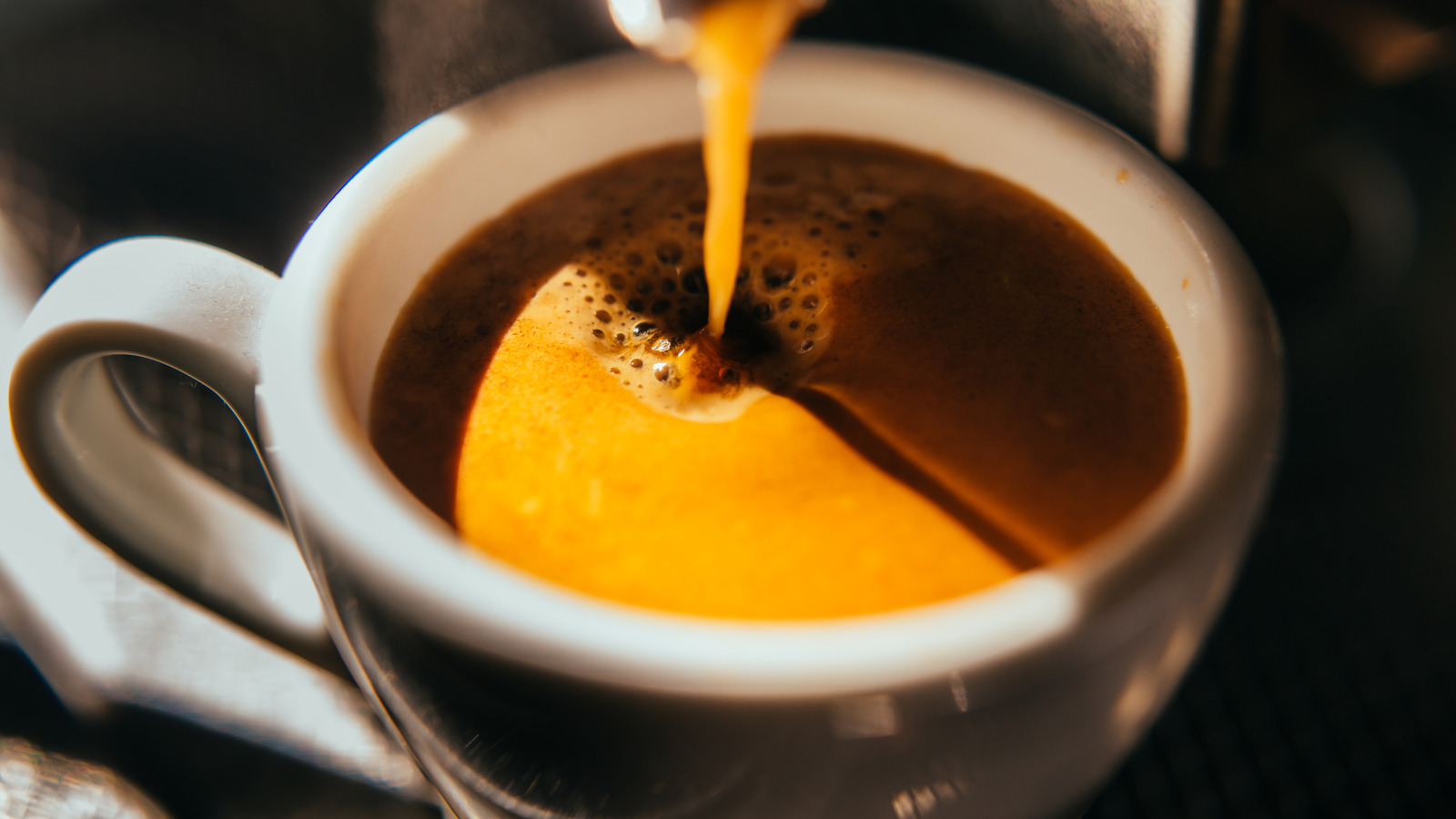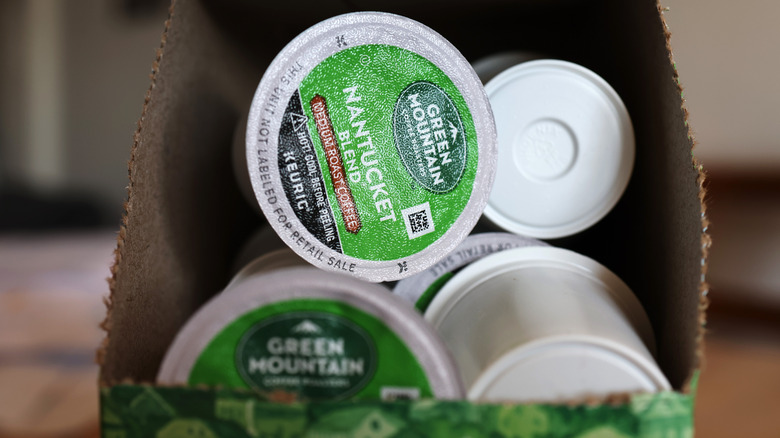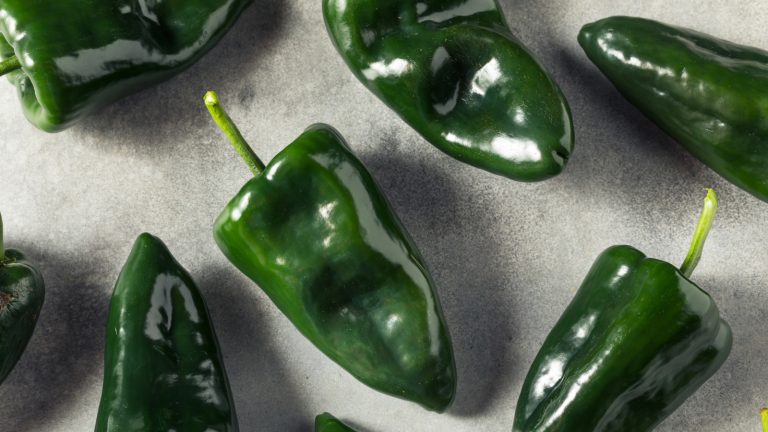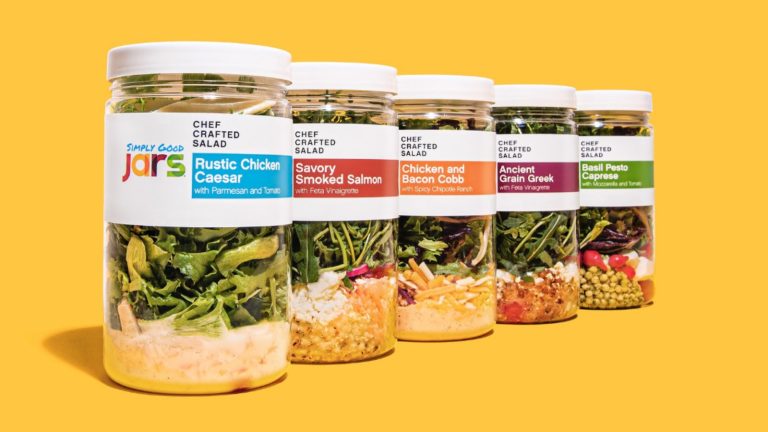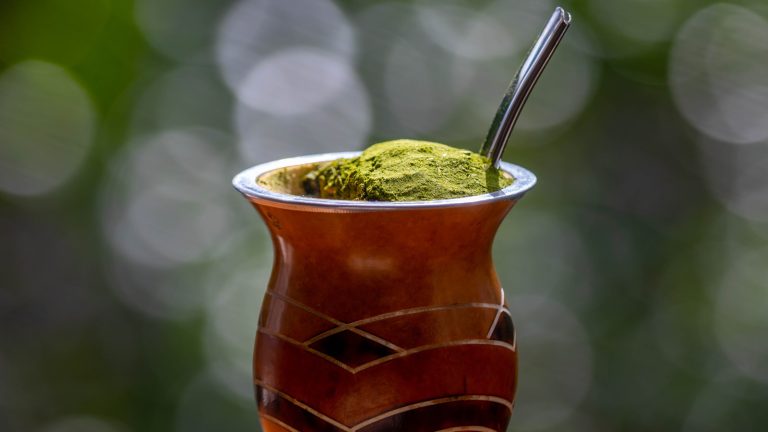The idea was simple and grand, but the results are poor: brewing a single cup of coffee made to your liking. In theory, having a Keurig in your home is a great addition to your at-home coffee bar as a convenient option opposed to barista-style coffee. However, while Keurig brought convenience into homes and hotel rooms everywhere, its disruption of the market has led to mediocre coffee along with a negative impact on the environment as well as your own health.
Sure, the single-serve coffee maker has its convenient perks, as there’s virtually no mess, you never have to settle for lukewarm coffee, and depending on the model, it takes up less space than a Mr. Coffee. However, that’s where the benefits end. At best, K-Cup coffee is mediocre on a good day and an atrocity any other day. The coffee grounds in the pod are stale on arrival, since they’ve been ground long before you purchase them. Additionally, Keurig machines only reach brew temperatures of 192 degrees Fahrenheit, whereas optimal brew temperatures need to be at least 195 degrees Fahrenheit.
While this can come off as snobbish, Keurig coffee does not list where its beans are sourced from, hiding the quality and freshness of the product. Coffee tastes aside, the K-Cups themselves have been damaging for both the environment and potentially your health.
The effect of K-Cups on the environment and your wellbeing
It’s no secret that John Sylvan, the inventor of Keurig and the K-Cup brew system, has regretted his creation and the environmental harm it’s caused; billions of coffee pods are trashed each year, creating excessive amounts of waste. Moreover, the inventor is still baffled by their popularity. Originally designed for an office environment to quickly give every worker their preferred hot cup of coffee, the machine quickly made its way to home environments, too.
Keurig sought to make all K-Cups 100% recyclable by 2020. However, the company misled the public, leaving out that two of the United States’ major recycling centers rejected the pods for recycling. Although the cups are now recyclable, there is a process to properly recycle K-Cups that’s fortunately easier than you’d expect.
In terms of personal health, the coffee itself provides antioxidants. However, the plastic the pods are made out of may leach microplastics into your coffee for your consumption. While there is not enough scientific evidence to claim how they affect our health, researchers believe that most microplastics are either swallowed or breathed in. K-Cups have passed USDA regulations since the removal of bisphenol-A (BPA) in 2020, which has been linked to several endocrine disorders.


